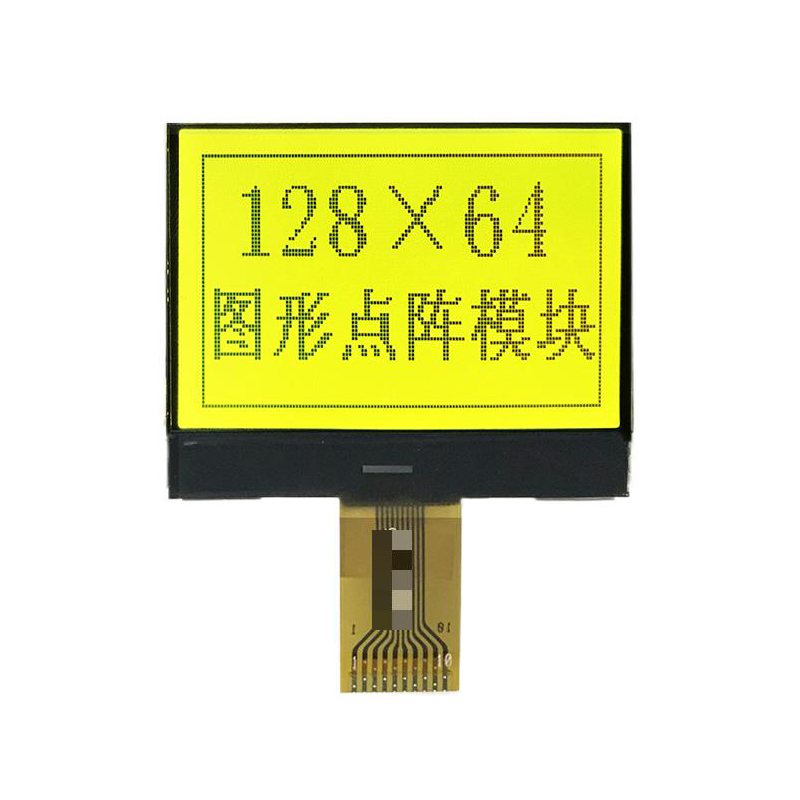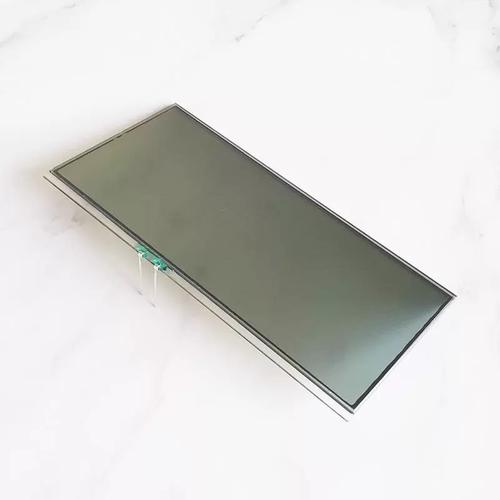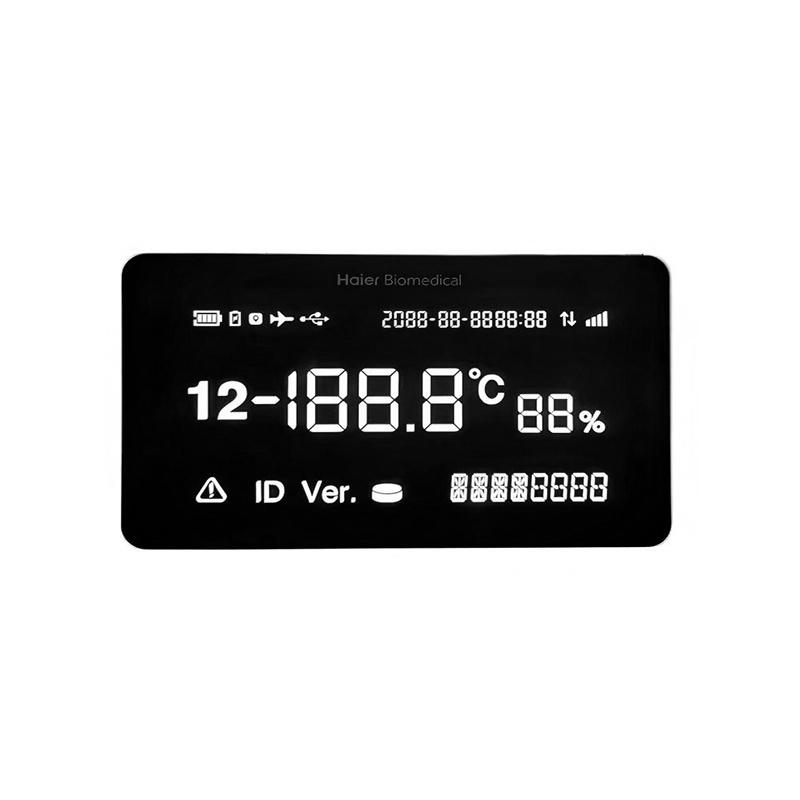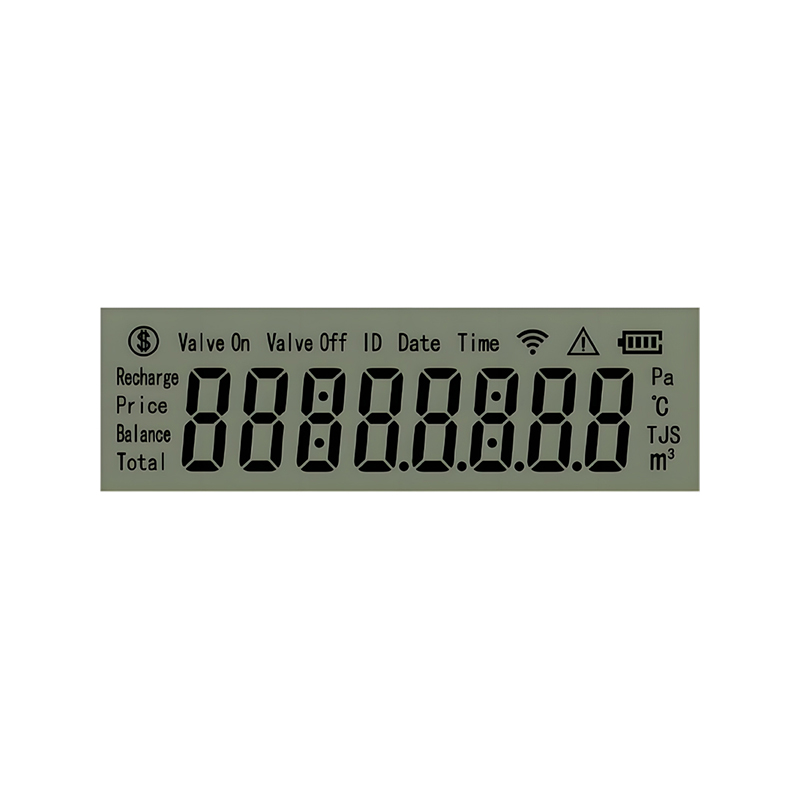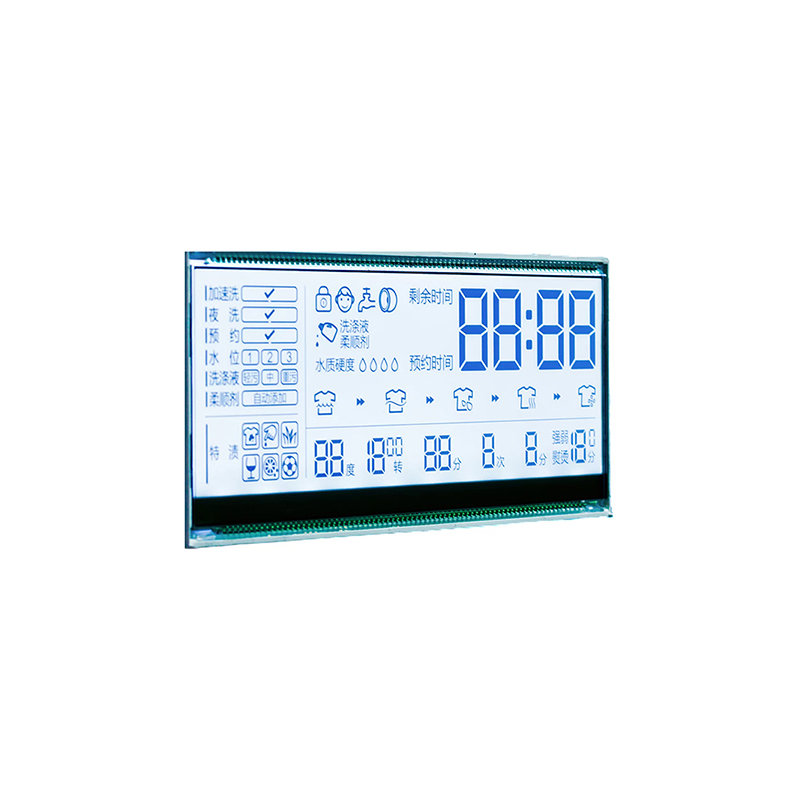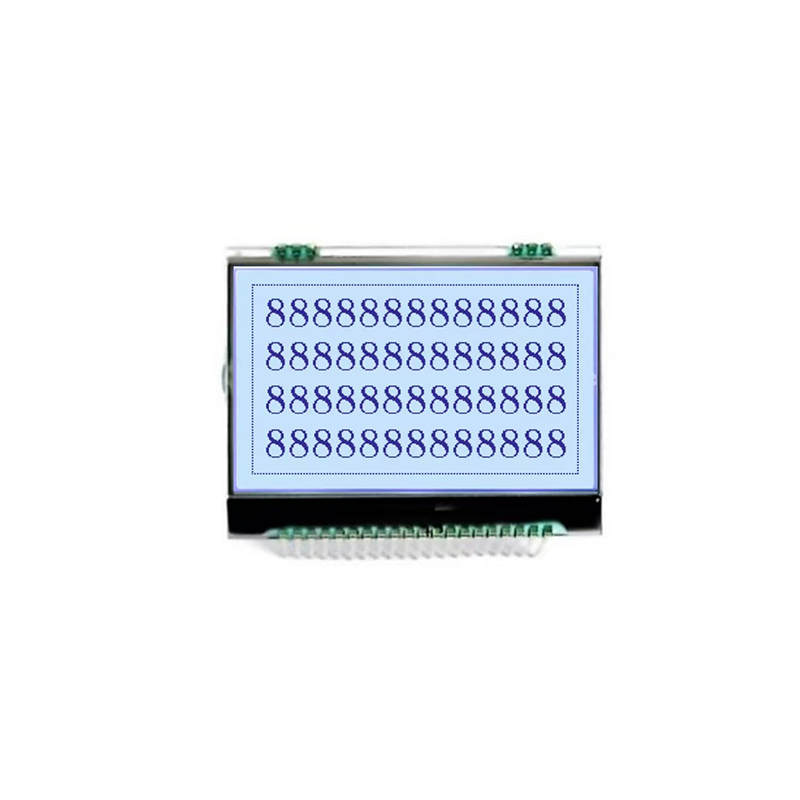
Finding the perfect 1.3 inch OLED display can be challenging, with numerous options available boasting varying specifications and capabilities. This guide aims to simplify your search by providing a comprehensive overview of the top contenders in the market, examining key features and helping you determine which display best suits your needs. Whether you're developing a wearable device, a sophisticated gadget, or another application requiring a high-quality small-format display, this guide will equip you with the information to make an informed decision.
Resolution, measured in pixels (e.g., 240 x 240), significantly impacts image clarity and sharpness. Higher resolution generally results in a more detailed and visually appealing image. Pixel density (pixels per inch or PPI) determines the level of detail visible on the screen. A higher PPI means sharper text and images. For a 1.3 inch OLED display, a higher resolution and PPI are crucial for optimal readability and visual experience. Consider your specific application and the level of detail required to select the appropriate resolution and PPI.
Brightness, measured in nits (cd/m2), determines the screen's visibility under various lighting conditions. Higher brightness is essential for outdoor use or applications where ambient light is significant. The contrast ratio measures the difference between the brightest white and darkest black pixels, influencing the depth and richness of colors. High contrast ratios are crucial for deep blacks and vibrant colors in a 1.3 inch OLED display.
Power consumption is a critical factor, especially for battery-powered devices. OLED displays are known for their relatively low power consumption compared to other display technologies like LCD. However, power consumption still varies depending on the resolution, brightness, and features of the specific 1.3 inch OLED display. Lower power consumption translates to longer battery life, making it a critical consideration for portable applications.
The viewing angle determines the range of angles from which the display can be viewed without significant color or contrast degradation. A wider viewing angle is preferable for applications where users may view the screen from various positions. Many high-quality 1.3 inch OLED displays offer excellent viewing angles.
The display's interface and connectivity options are crucial for seamless integration into your project. Common interfaces include SPI, I2C, and parallel interfaces. Ensure that the chosen display's interface is compatible with your microcontroller or other controlling system.
Note: Specific models and their features change rapidly. It's crucial to consult datasheets and manufacturer websites for the most up-to-date information. This section provides examples only.
| Model | Resolution | Brightness (nits) | Interface |
|---|---|---|---|
| Example Model A | 240 x 240 | 300 | SPI |
| Example Model B | 240 x 240 | 400 | I2C |
Remember to always check the latest specifications from the manufacturers before making a purchase. For high-quality displays and components, consider exploring suppliers like Dalian Eastern Display Co., Ltd. They offer a wide range of options and can provide expert guidance on selecting the best 1.3 inch OLED display for your specific needs.
Selecting the right 1.3 inch OLED display requires careful consideration of several key factors, including resolution, brightness, power consumption, and interface compatibility. This guide provides a framework for evaluating different models and making an informed decision based on your project requirements. By understanding these key features and researching available options, you can choose a display that enhances the functionality and aesthetics of your device.
Disclaimer: Product examples used are for illustrative purposes only and may not reflect the current market offerings. Always consult manufacturer websites for the most up-to-date information.


